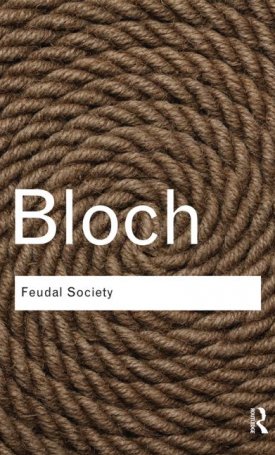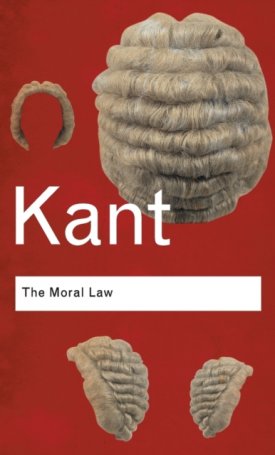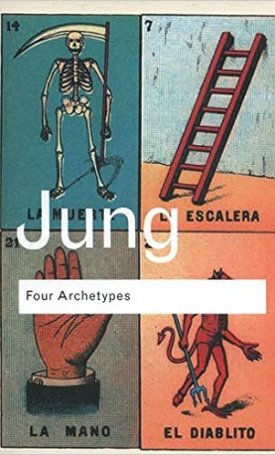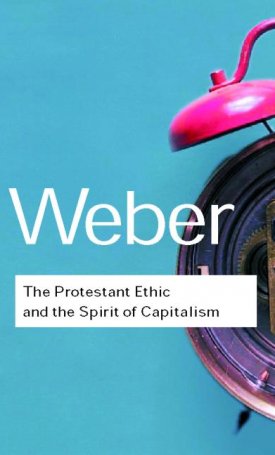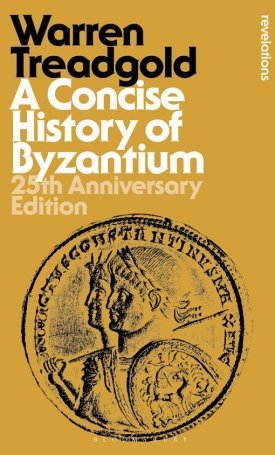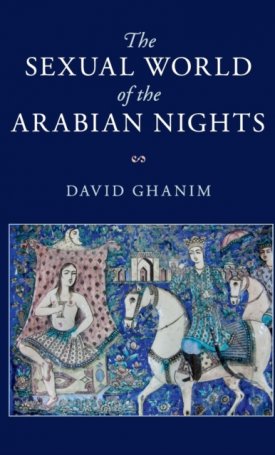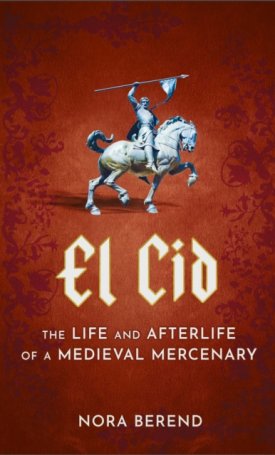Feudal Society
ISBN: 9780415738682
Méret: 138*216
Tömeg: 748 g
Oldalszám: 550
Megjelenés éve: 2014
Feudal Society
Marc Bloch said that his goal in writing Feudal Society was to go beyond the technical study a medievalist would typically write and ‘dismantle a social structure.’ In this outstanding and monumental work, which has introduced generations of students and historians to the feudal period, Bloch treats feudalism as living, breathing force in Western Europe from the ninth to the thirteenth century. At its heart lies a magisterial account of relations of lord and vassal, and the origins of the nature of the fief, brought to life through compelling accounts of the nobility, knighthood and chivalry, family relations, political and legal institutions, and the church. For Bloch history was a process of constant movement and evolution and he describes throughout the slow process by which feudal societies turned into what would become nation states. A tour de force of historical writing, Feudal Society is essential reading for anyone interested in both Western Europe’s past and present.
With a new foreword by Geoffrey Koziol
CONTENTS:
Foreword to the Routledge Classics Edition. Introduction: Gerneral scope of the Enquiry. Part One: The Environment - The Last Invasions. i. Moslems and Hungarians. ii. The Northmen. iii. Some Consequences. Part Two: The Environment: Conditions of Life and Menatl Climate. iv. Material conditions and Economic Characteristics. v. Modes of Feeling and Thought. vi. The Folk Memory. vii. The Intellectual Renaissance in the Second Feudal Age. viii. The Foundations of Law. Part Three: The Ties Between Man and Man: Kinship. ix. The Solidarity of the Kindred Group. x.Characher and Vicissitudes of The Tie of Kinship. Part Four: The Ties between Man and Man: Vassalage and the Fief. xi. Vassal Homage. xii. The Feif. xiii. General Survey of Europe. xiv. The Fief Becomes The Patrimony of the Vassal. xv. The Man of Several Masters. xvi. Vassal and Lord. xvii. Tha Paradox of Vassalage. Part Five: Ties of Dependenceamong the Lower Orders of Society. xviii. The Manor. xix Servitude and Freedom. xx. Towards New Forms of Manorialism. Part Six: Social Classes. xxi. The Nobles As A 'De Facto' Class. xxii. The Life of the Nobility. xxiii. Chivalry. xxiv. Transformation of the Nobility into a Legal Class. xxv. Class Distinctionswith the Nobility. xxvi. Clergy and Bergesses. Part Seven: Political Organization. xxvii. Judicial Instituations. xxviii. The Traditional Powers: Kingdoms and Empire. xxix. From Territorial Principalities to Castellanies. xxx. Disorder and The Efforts to Combat It. xxxi. Towards the Reconstruction of States: Natioanl Developments. Part Eight: Feudalism as a Type of Society and Its Influence. xxxii. Feudalism as a Type of Society. xxxiii. The Persistence of Eurpean Feudalism.
AUTHOR:
Marc Bloch (1886 - 1944) was a French historian who lectured in Medieval and Economic history. He is best known for his pioneering studies French Rural History and Feudal Society and the posthumously-published title The Historian's Craft.




